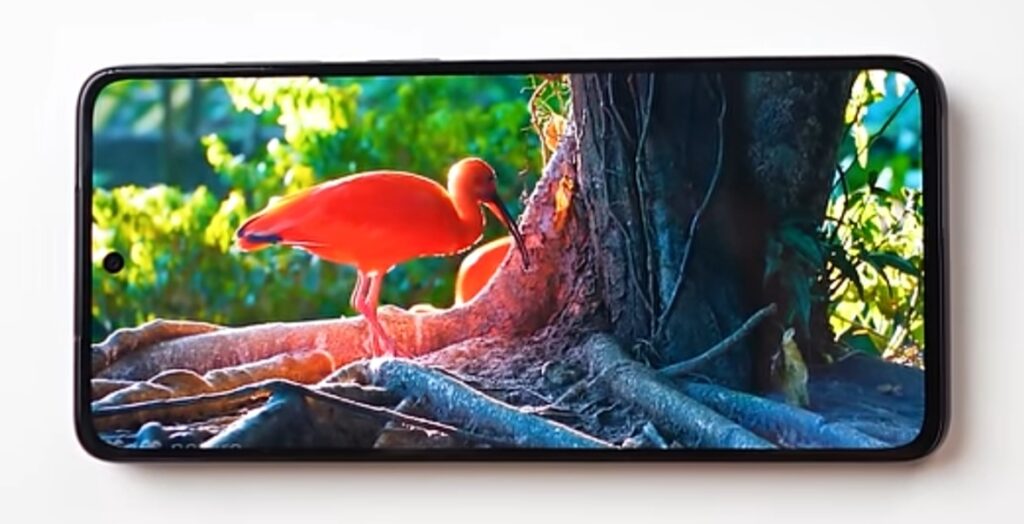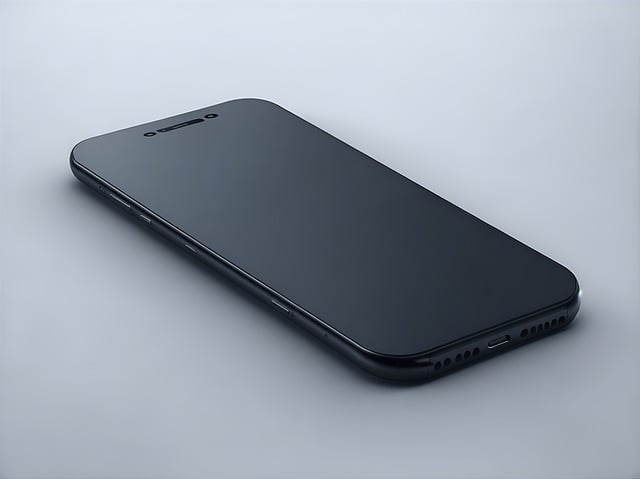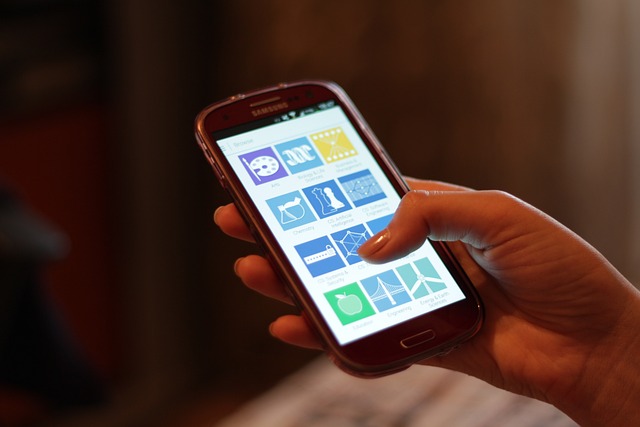
Table of Contents
There is no dearth of smartphones available, buying one from tons of devices around with tight choices and limited budget in mind to do the needful never seems dull yet could be a cumbersome decision. The trick it to get only the features which are worth while, based on your needs and budget. Well here is a guide to help you make an informed decision.
Display

Speaking of displays, size is only half of the story Big displays (6 inches and up) are great for video or gaming, whereas smaller screens make the phone feel more compact and easier to use one-handed. HD, Full HD or 4K—the resolution of the display affects what you see with respect to sharpness and clarity. While higher resolutions allow for sharper detail, anyone but the most discerning audiences will find Full HD is sufficient.
Along with that, think about the display type. That makes AMOLED and OLED displays ideal for consuming content, with deeper blacks and more vivid colors. If you do spend a lot of time in direct sunlight, seek out displays featuring higher peak brightness to ensure visibility. A high refresh rate (90Hz, 120Hz) will make scrolling and gaming feel significantly smoother than the standard 60Hz.
Camera

For smartphone buyers, the camera is one of the most important aspects. The real world performance matters more than just megapixels. Look out for OIS (optical image stabilization), which minimizes the chances of photo or video blur when lights get dim. In the event you prefer large-angle or portrait shots, search for telephones with distinctive lenses — wide, ultra-wide and telephoto — all serving a special operate.
AI technology in the camera also have features that automatically adjusts things so that you may get your colorful/ detailed photo and many more. If you are shooting at night, be sure to also check for the availability of a night mode. Look for video features like 4K recording (or 8K if you want to future-proof) and slow-motion and time-lapse modes.
Performance

Performance is the core of your smartphone experience The processor is the most valuable key factor that determines how fast your phone runs. While selecting from a phone with any latest snapdragon 8-serise (for Android) or Apple A-series chips, They offer all the firepower necessary to pause together with video games, multitask brazenly to plenty of tabs open up to effortlessly operate higher-degree apps.
In addition to a great processor, the RAM your phone has also plays an important role in handling multi-tasking. If you are using a device for basic purpose only, then 4GB or 6GB of RAM is enough, but if you want to use it to play games or run any memory-consuming application, then do take an 8GB or even a 12GB RAM as there will be smooth working upon.
Battery Capacity and Charging

One of the factors that determine how fast a smartphone will die, is the battery capacity — mAh (milliampere-hours). The phones with larger batteries (4000mAh upwards) however easily last longer but that depends from phone to phone as power saving is also a factor based on the efficiency of the processor and software. While those high-performance processors might draw more power, they can also better manage battery life as well.
Quick charging is another aspect to think about especially if you are constantly busy and moving around a lot. A lot of smartphones offer charging capabilities (such as 18 watts or 30 watts) which can give a noticeable increase, in battery life with just half an hour of charging time. Additionally wireless charging and reverse charging (allowin g you to charge devices using your phone) are gaining traction.
Storage

The first consideration in storage is the purpose of the phone. If one stores a lot of apps, photographs, videos, and songs, the internal storage should be at least 128GB. With regard to fear of running out of space, there are 256GB or 512GB options available as well.
For a more budget-oriented option, look at the phones that allow for expandable storage via microSD cards. Just keep in mind, though, that there are some high-end smartphones that do not have expandable storage, so you should select one with sufficient built-in storage.
Design and Build Quality

A smartphone’s design and build quality isn’t just about how it looks; it’s also an aspect that can impact durability and comfort. Most of the newer phones are also made from some mix of glass and metal to give them that premium feel. On the flip-side, glass is more susceptible to crack, hence consider a phone with protective casing if you happen to break things easily.
You would also like to keep the weight of the phone in mind. That’s a bit on the heavier side, but larger phones are usually more robust too, it can be difficult to use for long periods of time. Look for an IP rating (IP67 or IP68, preferably) — the more digits, the better, and if you’re going near a pool of any size, look for “water- and dust-resistant.” It’s particularly crucial if you’re a mess-maker or tend to use your phone outside in different weather conditions.
OS & UI

Though a subtle factor at first glance, the OS and UI difference can be night and day in terms of your usage experience with the phone. The two major OS options are Android and iOS, each with their own unique features and experiences employed.
Apple devices run on a customized version of UNIX called iOS, which has an easy-to-use interface with cross-compatibility between all Apple devices. Along with this, iPhones enjoy timely software updates that keep them up to date for years.
Android allows for much heavier modification, including altering the UI and third-party widgets as well as, of course, a true app ecosystem. A quick thing to note: the Android experience will differ depending on the manufacturer, as Samsung and Google, for instance, have somewhat different versions of the OS with their own features.
AI Features

AI has become one of the biggest selling points for almost every smartphone in recent times. AI has mainly been employed to make a phone more efficient, photography would be better, battery life improvemen, and the overall usability.
AI technology is already present in some devices —like AI scene detection which automatically enhances the camera settings for you so that capturing photos becomes a little easier. AI can also learn your habits, so it finds ways to use less battery and reduce app performance based on what you do every day.Voice assistants, like Google Assistant and Siri, use AI to understand natural language and help with tasks like setting reminders, sending messages, or playing music.
Additionally, AI can enhance security with features like facial recognition and fingerprint scanning, making your phone more secure while still being user-friendly.
Conclusion
Picking up the perfect smartphone comes down to understanding what you want and how you will use the device. Whether it be for cameras, performance, or battery life, it’s about picking a phone that fits your style. Take your time, don’t rush-compare different models, check out user reviews, and really think about what’s most important for you.
